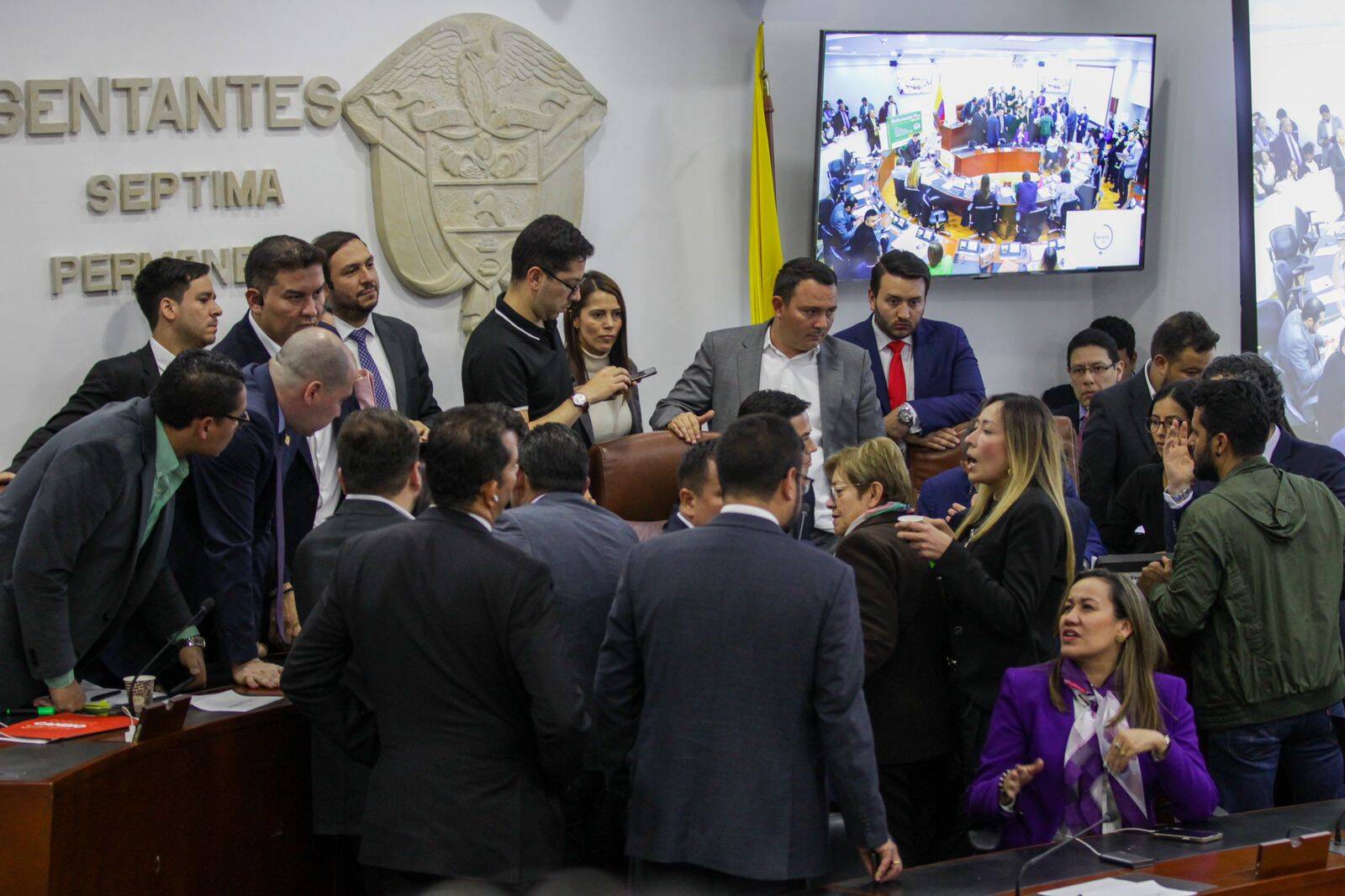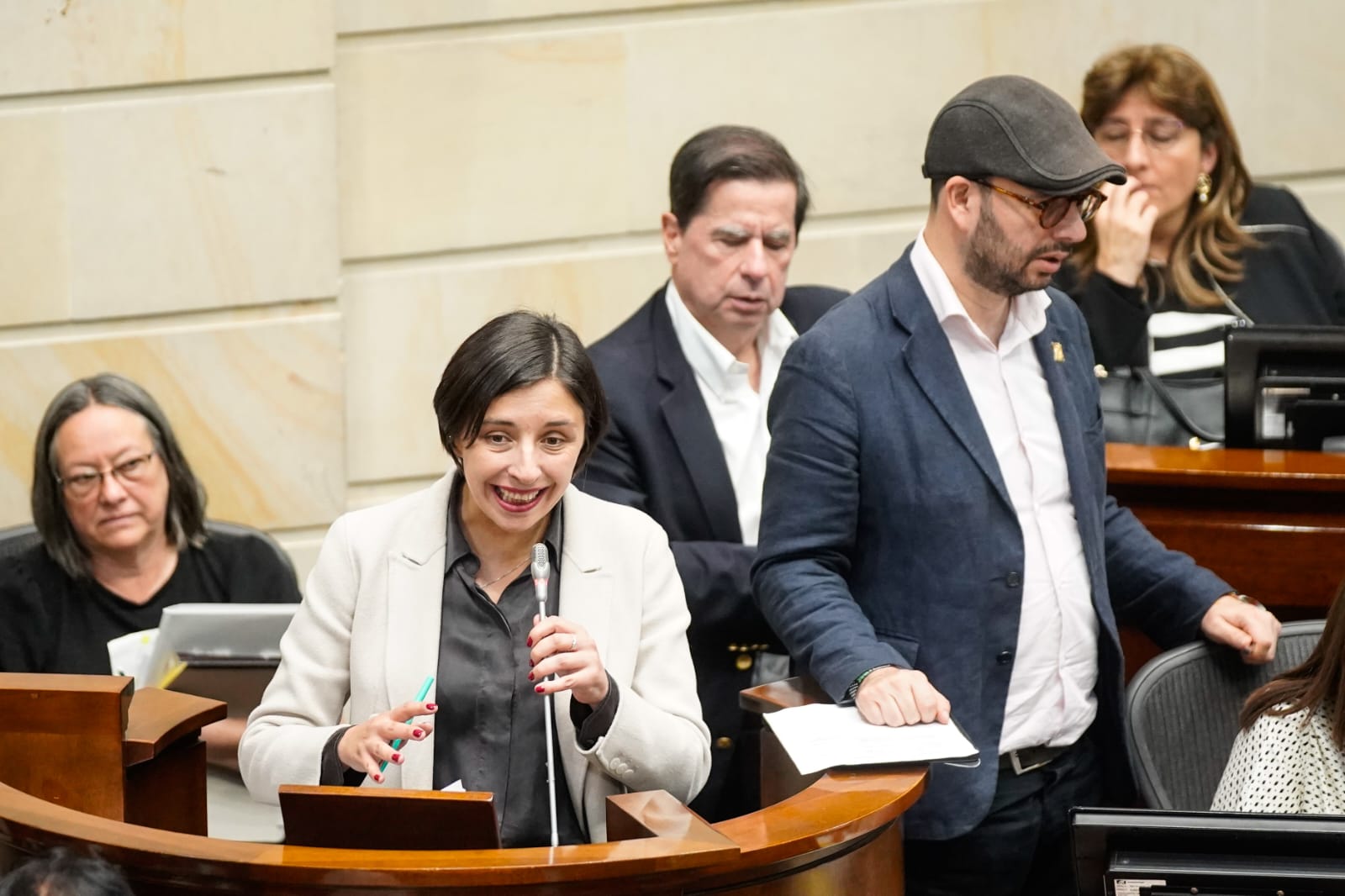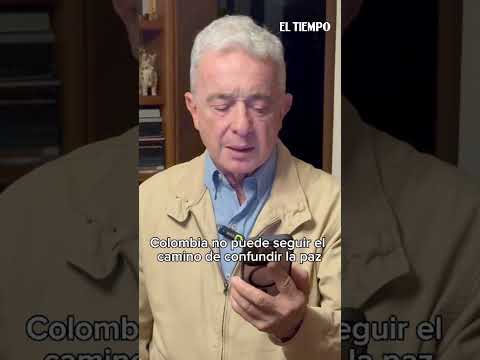What will be the future of the Petro government's projects pending for the final term?

The back-and-forth over labor reform took center stage during the third legislative year, leaving several government bills pending debate. They will have to be discussed in the final legislative session, a period that has historically been adverse to the outgoing administration.
One of the most important proposals left pending is the ordinary law on agrarian jurisdiction, which establishes the entire procedure for this new specialty.

This was the heated discussion during the first debate in the House on health care reform. Photo: César Melgarejo. EL TIEMPO
The proposal, which had a message of urgency, had achieved sufficient agreement to pass without difficulty through the joint discussion of the First Committees of the Senate and the House of Representatives in November 2024. However, upon reaching the respective plenary sessions, the proposal stalled, caught in the middle of tensions between President Petro and Congress and the departure of Justice Minister Ángela María Buitrago. All that remains is for this procedural law to be approved for the agrarian jurisdiction to begin operating in the country.
On the other hand, the healthcare reform still has its two Senate debates pending. The outlook for the proposal is not ideal, as the Senate's Seventh Committee has an adverse attitude toward government projects, as demonstrated by the labor reform. However, the Executive Branch has insisted on this initiative and even included its topics in the rejected 2.0 consultation.
On the other hand, the Ministry of Finance announced that it hopes to soon introduce a new tax reform. With this initiative, they seek to plug the growing fiscal gap. However, it is highly unlikely that Congress will agree to a proposal that would impose more taxes on taxpayers, especially when legislators are in the midst of an election campaign to renew their seats in 2026.

Minister of Agriculture Martha Carvajalino during a debate on agrarian jurisdiction. Photo: Sergio Acero Yate / El Tiempo
The government currently has around 10 bills in progress, the most important of which are those mentioned above. They will have to make their way into a legislative agenda in which congressmen want to showcase bills of their own making to demonstrate results to their constituents.
Added to this is the fact that, as the analyst firm Orza points out in its legislative year report, some proposals announced by the Petro administration at the beginning of its term remain up in the air, but have yet to be implemented or must be reconsidered: "Congress enters its final term with a backlog of bills, many of them government-sponsored, that haven't even made it past the first debate. Education reform, public services reform, and the labor statute are just a few examples."
All of this demonstrates that it will be an overcrowded agenda, and it will arrive at a Congress that, as has been said, has historically been unfavorable to the outgoing administration. Added to this is the fact that sessions are often skipped in favor of the political campaign. Around November and December, it's common for sessions to run from Monday to Wednesday, leaving the rest of the week for congressmen to engage in political campaigning.
In the reduced sessions held throughout the semester, a complex agenda will have to be refined. This agenda will include not only the various Petro administration projects but also 309 congressional initiatives that are still pending for the final legislative year. Most of these initiatives are pending debate and must be completed in Congress in the final year of the four-year term.

Former President Uribe sent a message to President Petro Photo:
Juan Sebastian Lombo Delgado
eltiempo





